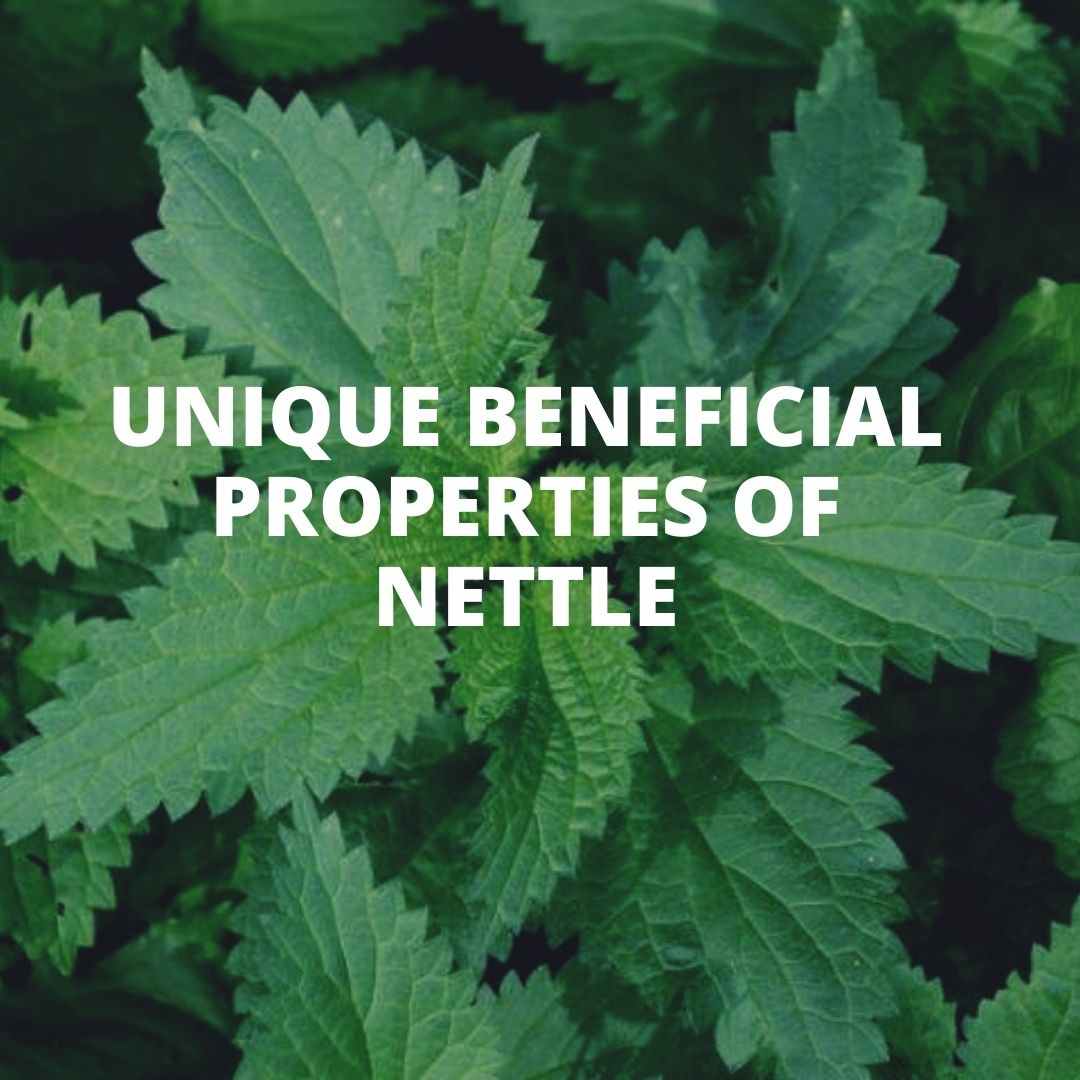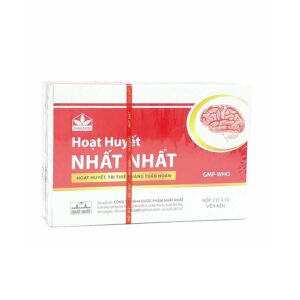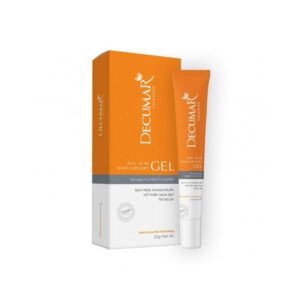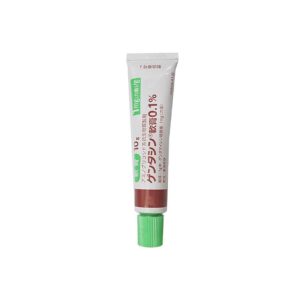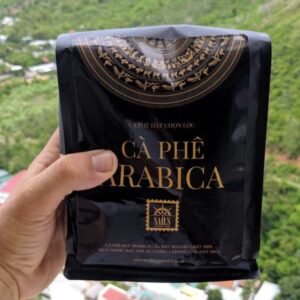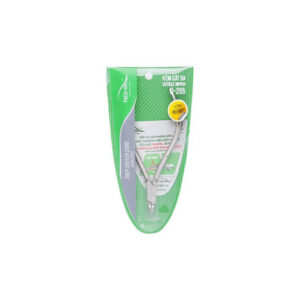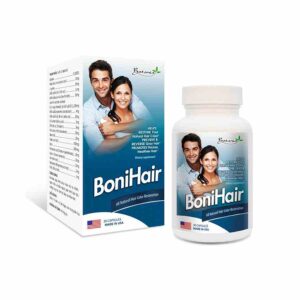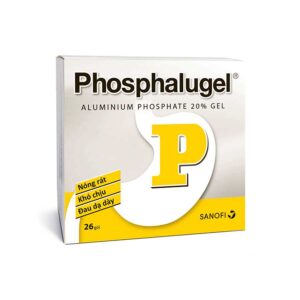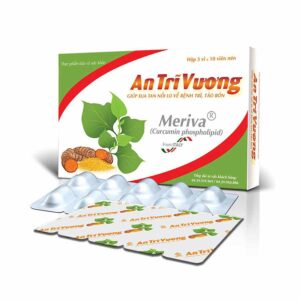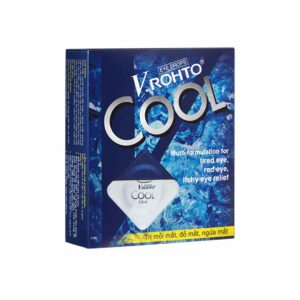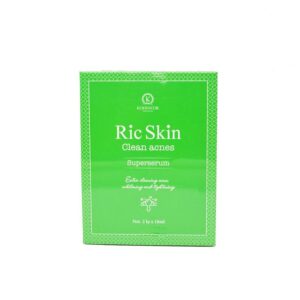Nettle is an extremely useful plant, especially in spring. Its stems and leaves contain a valuable supply of vitamins, minerals and biologically active substances, which are reliably protected by nature itself: all parts of the plant are covered with thin hollow hairs containing formic acid and histamine.
These substances, in contact with the skin, are literally injected into it, causing well-known burning sensation, swelling and itching to everyone from childhood.
In young nettle, the concentration of formic acid in the ampoule hairs is lower, therefore, the ability to sting is less. Right now, in May (Of course depends on your location), is the best time to collect young leaves and eat them in salads, soups and even in the form of herbal tea. Young nettles can be frozen and dried for future use for later use as needed.
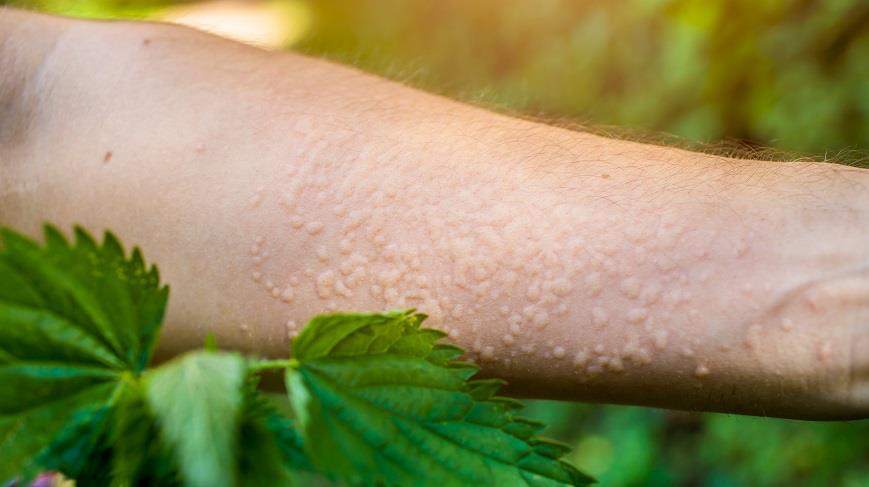
How does stinging nettle affect the blood?
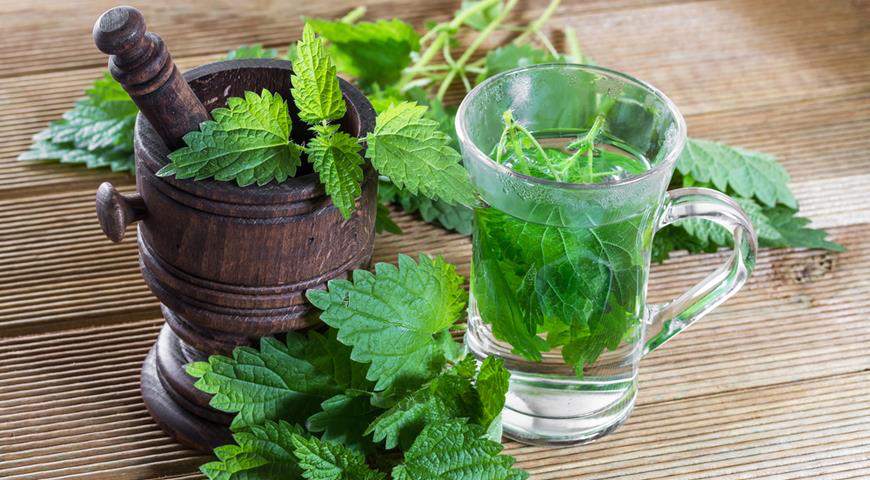
Young nettle contains a lot of ascorbic acid, known for its blood thinning and blood renewing properties.
Nettle contains a large amount of vitamins B and A, necessary for the renewal of blood cells, as well as iron, calcium, manganese and copper. Stinging nettle is considered to be a remedy for anemia, and nettle tea is prescribed as a blood-replenishing and cleansing agent.
Only when preparing infusions with nettle is it recommended to add blood-thinning herbs to the composition – sweet clover, thyme and mint.
The fact is that nettle is the record holder for the content of vitamin K, which is necessary for the process of blood coagulation in case of damage to blood vessels. Therefore, the plant can not only provide you with the daily requirement of this vitamin (it contains 6 daily norms!), But also lead to excessive thickening of the blood!
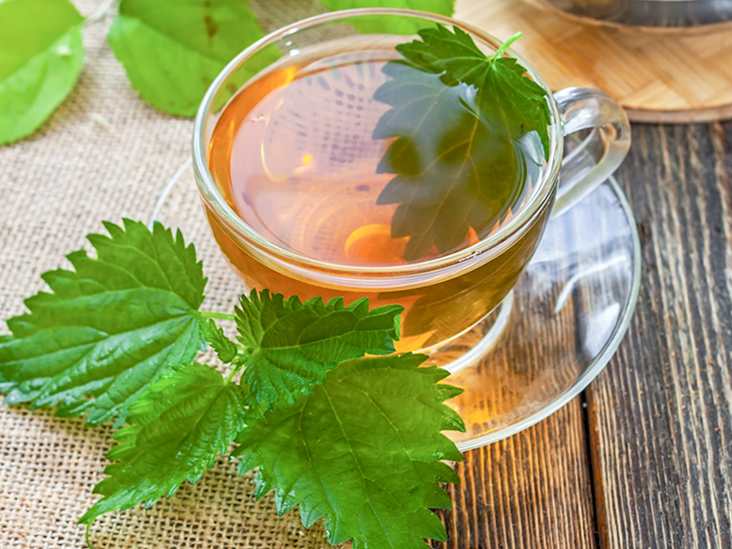
Attention: nettle is contraindicated for people who suffer from increased blood clotting, as well as for women who are pregnant and during menstruation.
Also, do not use nettle for those who take anticoagulants – drugs that prevent blood clotting and the formation of blood clots, since there is a possibility of leveling the effect of drugs.
This material is for general information only and should not be construed as a substitute for the medical advice of a treating physician or other healthcare professional.
Read more:
Argan oil – Protection of youth and beauty
Basil and Sage to cleanse the kidneys
How and for what to use ginseng
What effect does eating celery do?
Vietnamese Artichoke and its beneficial properties

